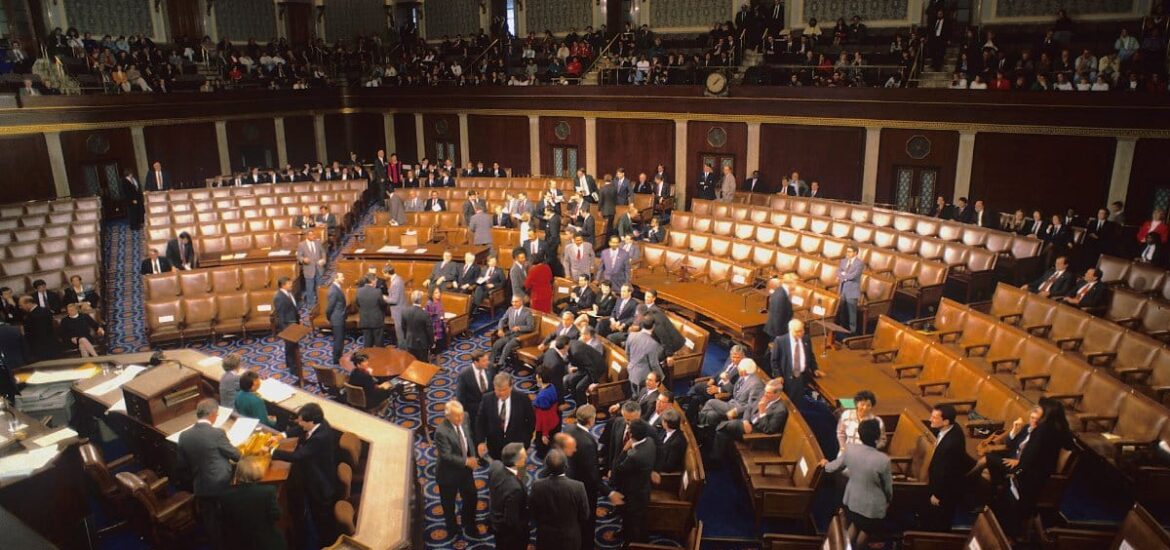A recent report by the financial watchdog group Unusual Whales has reignited the debate on whether members of Congress should be allowed to trade stocks. The report, released on Tuesday, highlighted substantial gains made by lawmakers in the stock market during 2023, prompting renewed calls for legislation prohibiting such trading activities.
Concerns of Corruption

“Members of Congress shouldn’t be allowed to trade stocks of the companies they regulate for the same reasons referees aren’t allowed to bet on the games they officiate,” remarked Melanie D’Arrigo, Executive Director of the Campaign for New York Health, reacting to the Unusual Whales report.
Shouldn’t Be Allowed

Former congressional candidate Nina Turner echoed these sentiments, unequivocally stating, “Members of Congress should not be allowed to trade stock. It’s corruption.”
Existing Legislation and Reform Efforts

While the Stop Trading on Congressional Knowledge (STOCK) Act of 2012 aimed to prevent insider trading by lawmakers, it still permits buying and selling stocks, even those influenced by their legislative work.
Stock Ownership Act Gaining Attention

Efforts to address this issue have been ongoing, with the Bipartisan Restoring Faith in Government Act and the Bipartisan Ban on Congressional Stock Ownership Act gaining attention.
Misuse of Influence
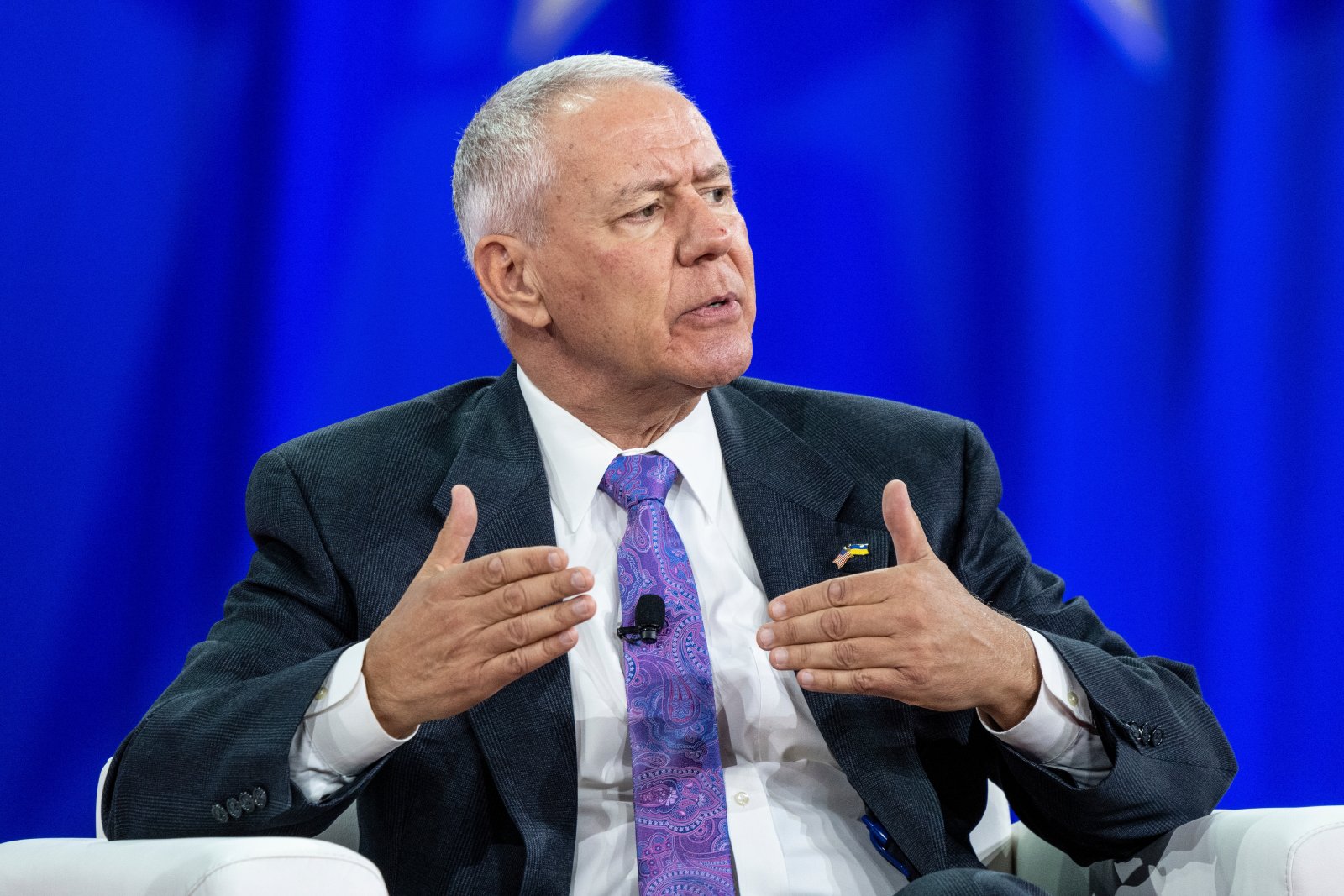
U.S. Congressman Ken Buck, a proponent of the latter, emphasized the bipartisan nature of the problem, stating, “Members of both parties have misused their influence to buy and trade stocks.
This is an issue that hurts all Americans.” The proposed legislation aims to prioritize constituents over personal financial interests.
Coincidental Stock Market Gains
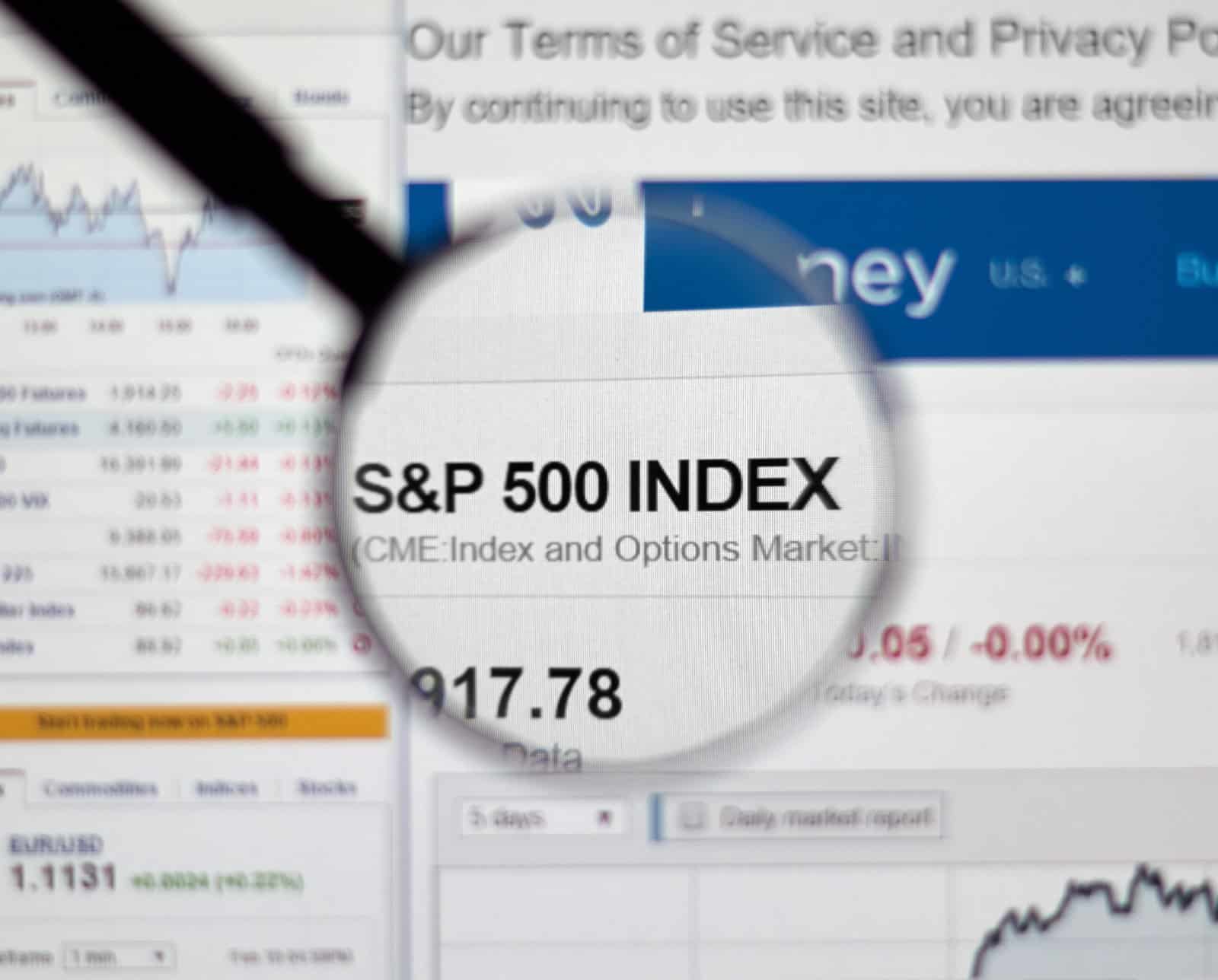
Unusual Whales’ report provides a detailed breakdown of lawmakers’ stock market gains, comparing them to the SPDR S&P 500 ETF. 32 members of Congress, evenly split between Democrats and Republicans, outperformed the market.
Collective Gains
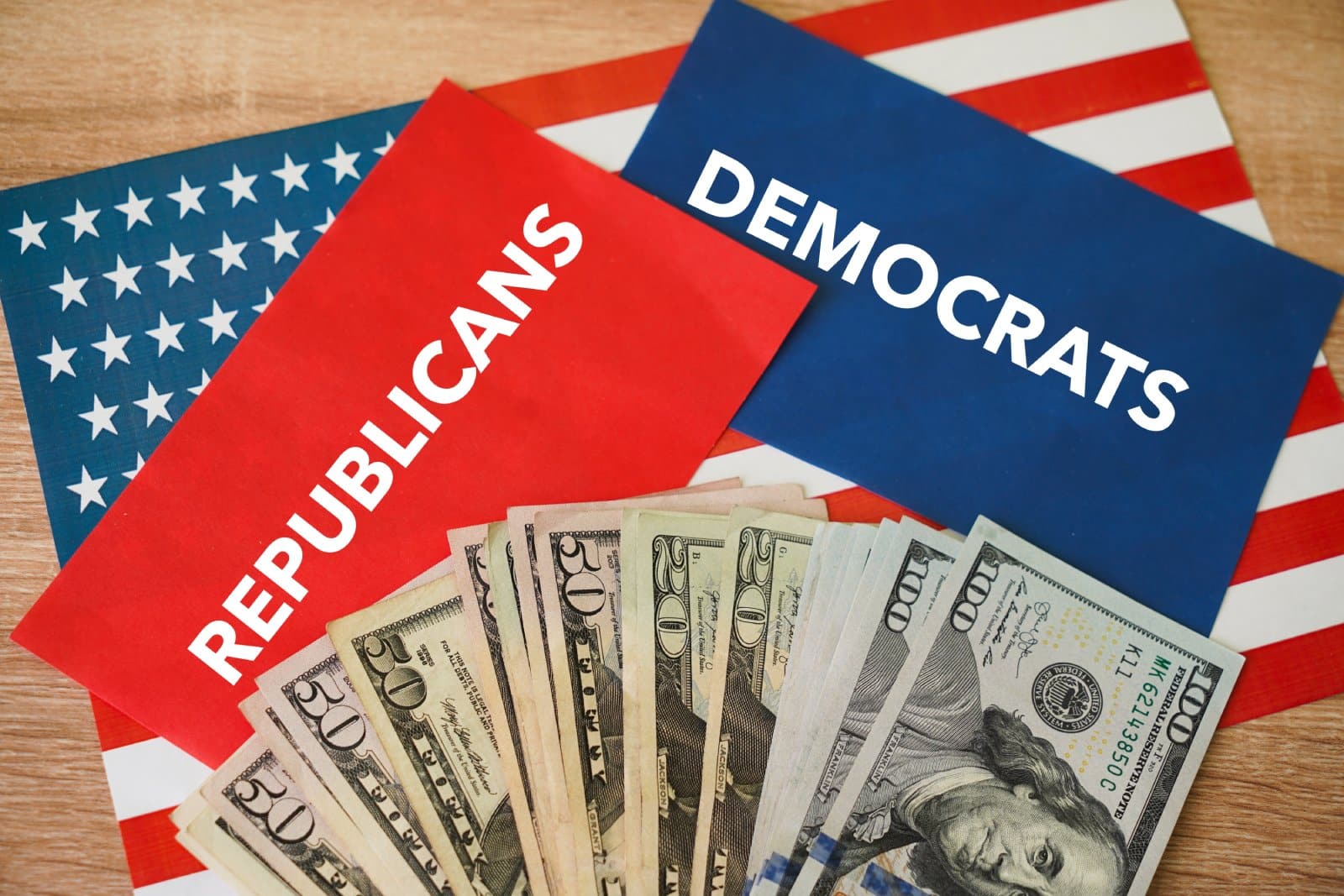
Democratic lawmakers saw a collective gain of 31.18%, while their Republican counterparts gained 17.99%. U.S. Rep. Brian Higgins (D-N.Y.) topped the list with a huge 238.9% increase.
Questionable Trading

The report also pointed out specific instances of questionable trading, including transactions related to war stocks before the current Middle East conflict and unusual activities during the banking crisis.
Potential Conflicts of Interest

The report raises concerns about potential conflicts of interest and questions the ethicality of such financial maneuvers by elected officials.
Unusual Whales Portfolio Tracker

Unusual Whales has been instrumental in shedding light on these trading activities and has provided a tool for the public to monitor individual lawmakers’ portfolios.
Should Congressional Stock Trading Be Allowed?

The report concludes with the hope that this information will put an end to debates about congressional stock trading.
Public Response

The Unusual Whales report has sparked intense reactions on social media, with users expressing dismay and frustration over the apparent financial gains made by lawmakers.
Calls to End the Practice

Many are calling for swift action to curtail such practices, emphasizing the need for transparency and accountability in government.
Skeptical Claims
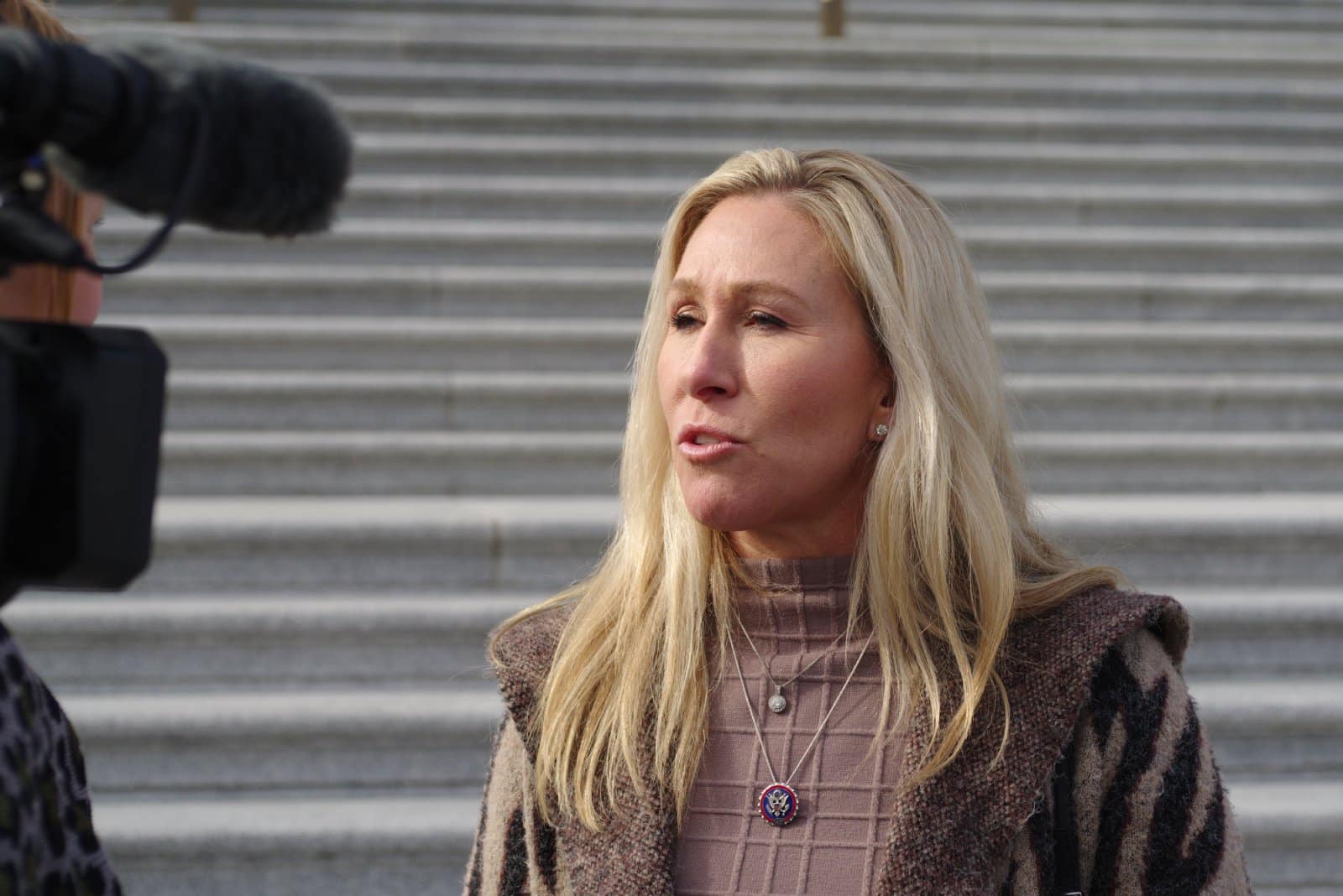
Fox News host Jesse Waters addressed the report with U.S. Rep. Majorie Taylor Greene (R-Ga.), who was shown to have an 18.6% gain in 2023.
Greene responded by stating that she doesn’t own any stocks and suggested that the reported figures were related to her son’s account.
However, this explanation has been met with skepticism and accusations of using family members as shields to cover up personal trading activities.
A Conflict of Interest?

As the public digests the implications of the Unusual Whales report, it has become clear that many people are demanding concrete action to address what they perceive as a breach of trust.
The report not only highlights the financial gains of lawmakers but also underscores the potential conflicts of interest inherent in their ability to trade stocks while shaping legislation.
Public Interest Over Personal Financial Gains
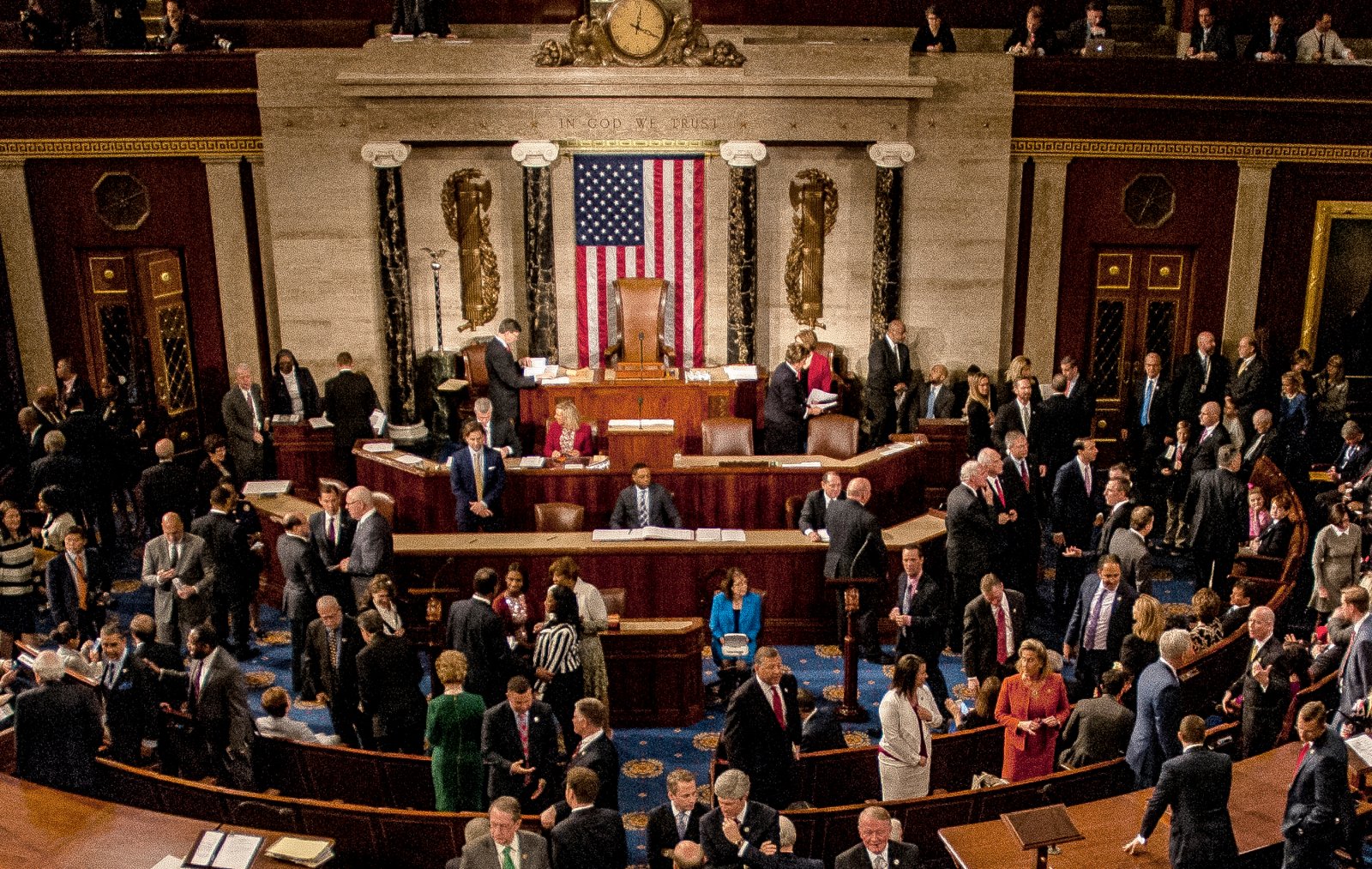
The public is closely watching how lawmakers address these concerns, and the call for a comprehensive ban on stock trading by members of Congress is growing louder, with advocates emphasizing the need for ethical conduct and the prioritization of public interest over personal financial gains.
The Road Ahead

As legislative initiatives like the Bipartisan Ban on Congressional Stock Ownership Act gain traction, the coming weeks will prove if Congress is willing to address these concerns head-on.
The fate of these initiatives will likely take center stage, determining whether Congress is willing to take concrete steps to address the perceived conflicts of interest within its ranks.
A Demand for Transparency

The Unusual Whales report has not only shed light on the extent of gains made by lawmakers but has also sparked crucial conversations about the ethical responsibilities of those elected to serve the public.
The public’s demand for transparency, accountability, and ethical conduct in government is louder than ever, shaping the narrative around this issue and potentially reshaping the landscape of congressional stock trading regulations.
More From Frugal to Free…
U.S. Budget Breakthrough: A Huge Step Forward Amidst Looming Shutdown Threat
Will Easing Inflation in America Continue?
The post Lawmakers’ Lucrative Stock Trades Fuel Insider Trading Concerns first appeared on From Frugal to Free.
Featured Image Credit: Shutterstock / mark reinstein.
The content of this article is for informational purposes only and does not constitute or replace professional financial advice.
